১৩ ফাল্গুন ১৪৩২
Chief Advisor at All-Party Meeting
Trial, Reform and Elections: Three Issues under discussion
26 May 2025 06:05 AM
NEWS DESK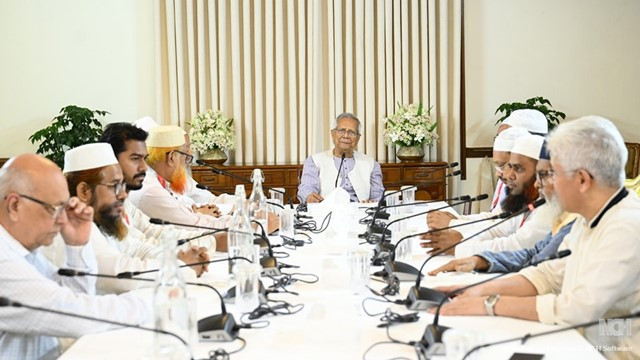
As political instability simmers in Bangladesh, national dialogue is again revolving around three familiar themes: elections, reforms, and political consensus. On the second day of consultations with political parties, Chief Advisor Muhammad Yunus continued his efforts to de-escalate tensions that have gripped the country since rumours that he was “contemplating resignation” surfaced last week.
As political instability simmers in Bangladesh, national dialogue is again revolving around three familiar themes: elections, reforms, and political consensus. On the second day of consultations with political parties, Chief Advisor Muhammad Yunus continued his efforts to de-escalate tensions that have gripped the country since rumours that he was “contemplating resignation” surfaced last week.
Despite differing views on the election timeline, most political parties expressed support for the interim government's broader objectives, particularly national unity and institutional reform.
Yunus held back-to-back meetings with leaders from 20 political parties and organisations in two sessions on Sunday, following three rounds of meetings on Saturday with the BNP, Jamaat-e-Islami, and the student-led National Citizen Party (NCP).
The first round began at 7pm on Sunday with 11 groups, followed by discussions with nine more in the second phase. While the idea of political unity received broad endorsement, the election roadmap drew varied proposals. Some parties urged elections by December, while others floated dates in February or April.
The government has reiterated its firm position that the national election must be held no later than Jun 30, 2026. The meetings focused on the election roadmap and reform proposals. While opinions varied on these issues, there was broad consensus among all participating groups on the need for political unity.
The interim government was sworn in on Aug 8 last year, three days after mass student protests forced the then prime minister Sheikh Hasina to flee to India on Aug 5. These discussions are taking place against a backdrop of rising tension.
Last week, BNP and NCP leaders demanded the resignation of several advisors, while Army chief General Waqar-Uz-Zaman pushed for elections by December.
The BNP also threatened to withdraw support for the interim administration unless key the two student advisors and the national security advisor resigned, fuelling speculation about Yunus's resignation, which briefly roiled political circles.
After Sunday’s meetings, AB Party Chairman Mojibur Rahman Bhuiyan Monju told reporters: "The election machinery isn’t fully operational yet. We proposed holding elections by the 5th of February and called for a realistic roadmap to restore public confidence."
Nagorik Oikya President Mahmudur Rahman Manna said: "We told the chief advisor to broaden political consultations. He assured us that the interim government’s mandate will not be extended beyond June. He does not wish to remain in power any longer than necessary."
Saiful Haque of the Revolutionary Workers Party emphasised visible progress on justice and reform. "Immediate steps should be taken where consensus exists. Other reforms should be shaped through discussion and implemented by the next elected government."
Jatiya Gana Front Convenor Tipu Biswas added, "The chief advisor seemed disheartened due to political pressure. We suggested February as a more realistic target for elections, even if December proves difficult."
Bhasani Janashakti Party Chairman Sheikh Rafiqul Islam Bablu stressed administrative readiness: "We told him: you can’t deliver a fair election without an impartial and functioning administration. That must be your focus."
Zonayed Saki, chief coordinator of Ganosamhati Andolon, warned that the lack of a fixed date is harming both political planning and economic investment: "Without a clear election timeline, businesses are stalling investment decisions. The government must commit to a definitive date within the promised December-to-June window-no delays beyond the 30th of June."
The ongoing dialogue reflects a fragile but critical moment for Bangladesh. With the shadow of the Awami League’s ouster still looming, and economic uncertainty compounding the political crisis, stakeholders across the spectrum are pushing for a transparent electoral roadmap and meaningful reform.
Whether the interim government can deliver both, within a shrinking window of time, remains the defining question.
Islamist political groups have expressed their support for the interim government and pledged cooperation on election matters, but warned that failure to enact key reforms could compromise the integrity of the upcoming vote.
Speaking after meeting Yunus, Jamiat Ulama-e-Islam Bangladesh Secretary General Manjurul Islam Afendi said the discussions were “frank and focused”, particularly around electoral preparations. “Our party reaffirmed full cooperation with the interim government in ensuring a peaceful transition,” he told reporters.
Islami Andolan Bangladesh leader Syed Muhammad Rezaul Karim, however, raised alarm over the risk of “black money and muscle power” dominating the next general election if reforms are left unaddressed. “This is precisely why we’re pushing for systemic reform,” he said.
According to Rezaul, parties are divided over the election timeline; some urging a December date, others proposing March. But the chief advisor reportedly made it clear that no one will remain in office beyond Jun 30, 2026.
Mamunul Haque, secretary general of the Bangladesh Khelafat Majlis, echoed that position. He said the chief advisor assured the delegation that his government is committed to delivering a free, fair, and internationally acceptable election by the June 2026 deadline.
Beyond electoral concerns, several leaders also addressed the controversial proposal for a humanitarian corridor into Myanmar’s Rakhine state.
Gono Odhikar Parishad President Nurul Haque Nur urged the interim government not to move forward with the corridor without broader political consensus.
He criticised the government’s statements on the election roadmap as “ambiguous” and called for a clear commitment to a specific election month.
Former Communist Party of Bangladesh (CPB) president Mujahidul Islam Khan Selim accused unnamed forces of “undermining the spirit of the July movement” and urged the interim government to abandon what he described as an inflexible stance on reform.
According to Mamunul, Yunus gave his word that no decisions regarding the Rakhine corridor would be made without national consensus.
“He assured us that no anti-national action would be taken and pledged to consult with all major political parties before proceeding,” the Khelafat Majlis leader added.
Yunus reaffirmed his administration’s commitment to holding the ballot between December 2025- June 2026, depending on the scale of reforms the administration undertakes.
Several political parties, including the BNP, have continued to push for an accelerated election schedule, urging his government to focus on only the most essential reforms.
During a meeting with Yunus on Saturday, the BNP demanded the immediate removal of controversial figures from the Advisory Council and called for elections to be held by December 2025.
The party’s Acting Chairman Tarique Rahman reiterated this position on Sunday, echoing earlier demands made during talks with Yunus in April.
In contrast, Jamaat-e-Islami has insisted that elections should follow a comprehensive reform process. During its meeting with the chief advisor, the party requested a roadmap that integrates institutional reform with the electoral timeline.
The NCP, emerging from the Anti-discrimination Student Movement that led the mass uprising, has presented a sweeping set of demands. These include elections for a Constituent Assembly, the July Proclamation, a reconstituted Election Commission, and the legal invalidation of all elections held under the previous Awami League government.
Elections and reform dominated the second round of Yunus’s talks with political parties on Sunday. Following the meetings, Chief Advisor’s Press Secretary Shafiqul Alam briefed the media on the day’s discussions. “Party leaders expressed full support for the reform agenda, the judicial process, and the ongoing electoral preparations,” he said.
“Let me repeat what I said on Saturday: the chief advisor is a man of his word. He has clearly stated, multiple times, that the election will be held between December 2025 and June 2026, not a day later.” Alam added that Yunus would announce a formal election roadmap “at the appropriate time”.
Quoting Yunus, the press secretary said: "We are in the midst of a major war-like situation. Since the ban on Awami League activities, there have been relentless attempts to destabilise the country in every possible way. We must protect ourselves from this. They are unable to accept the new reality. We must free ourselves from division."




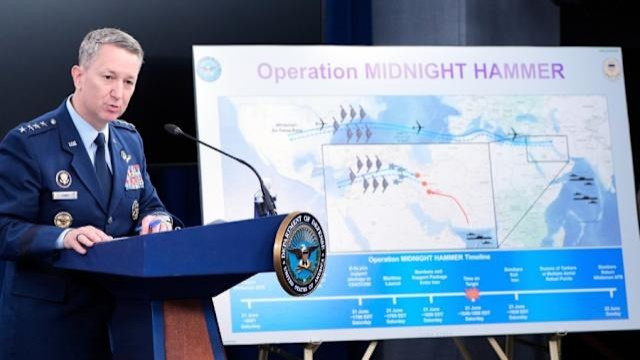

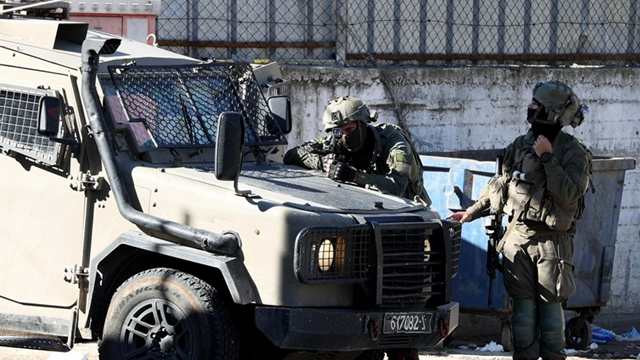
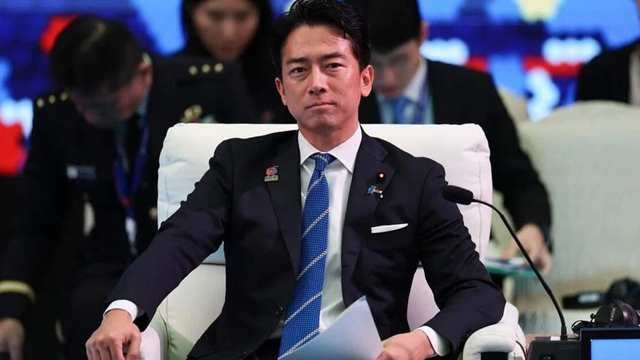
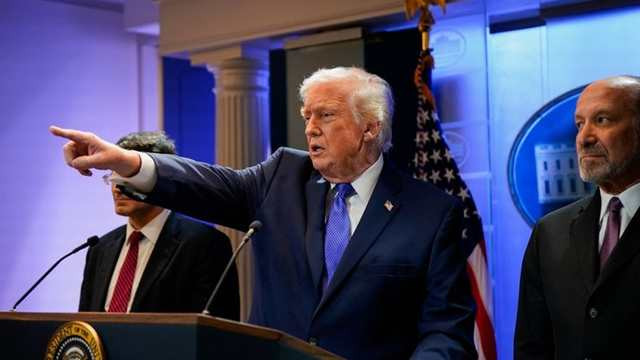
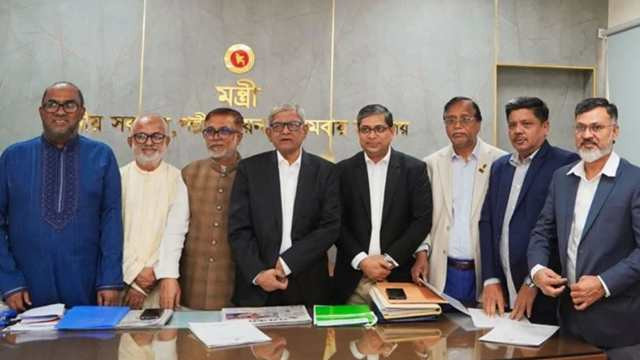
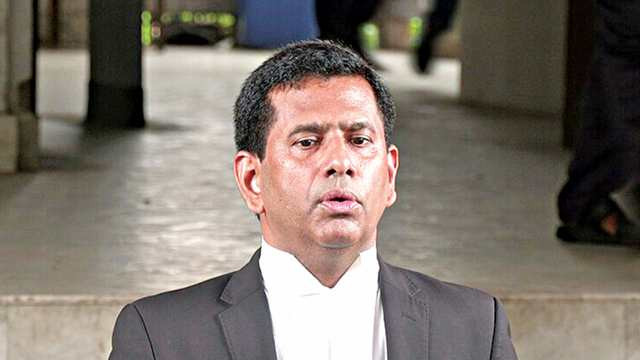
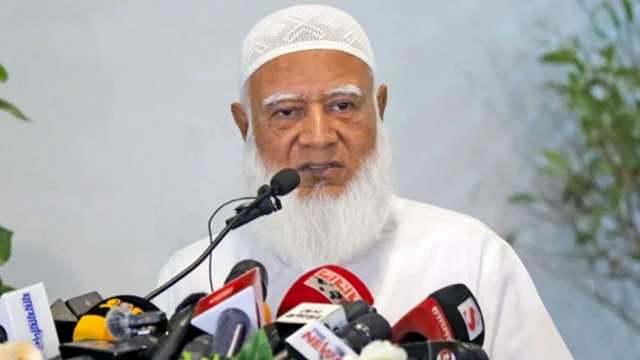
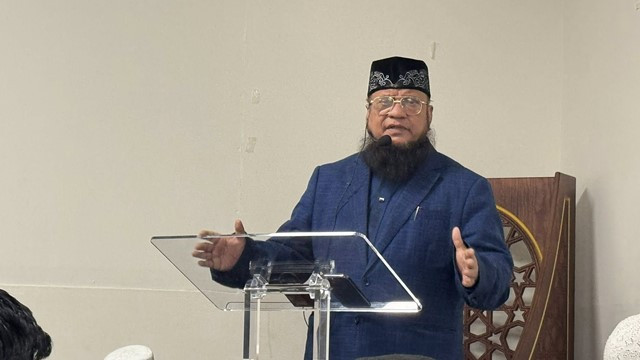
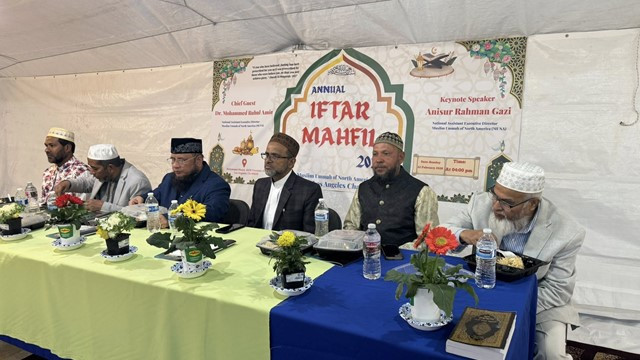
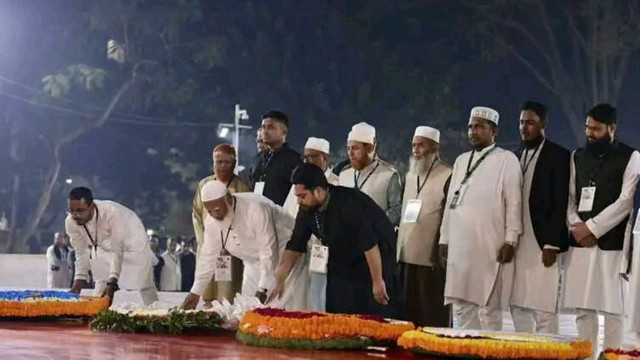
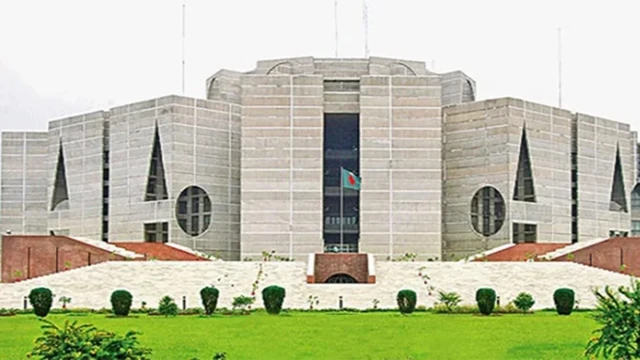
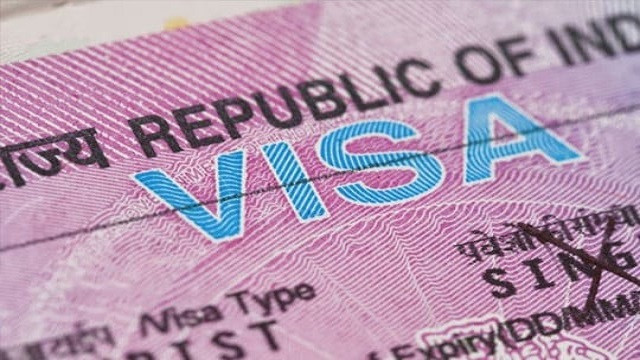
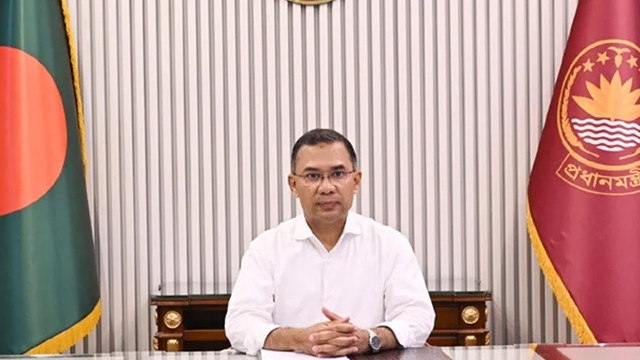
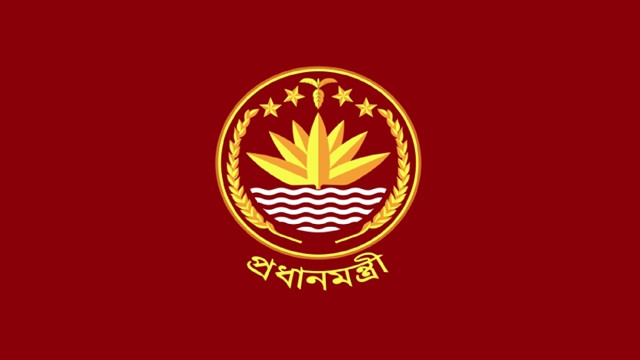
Comments Here: